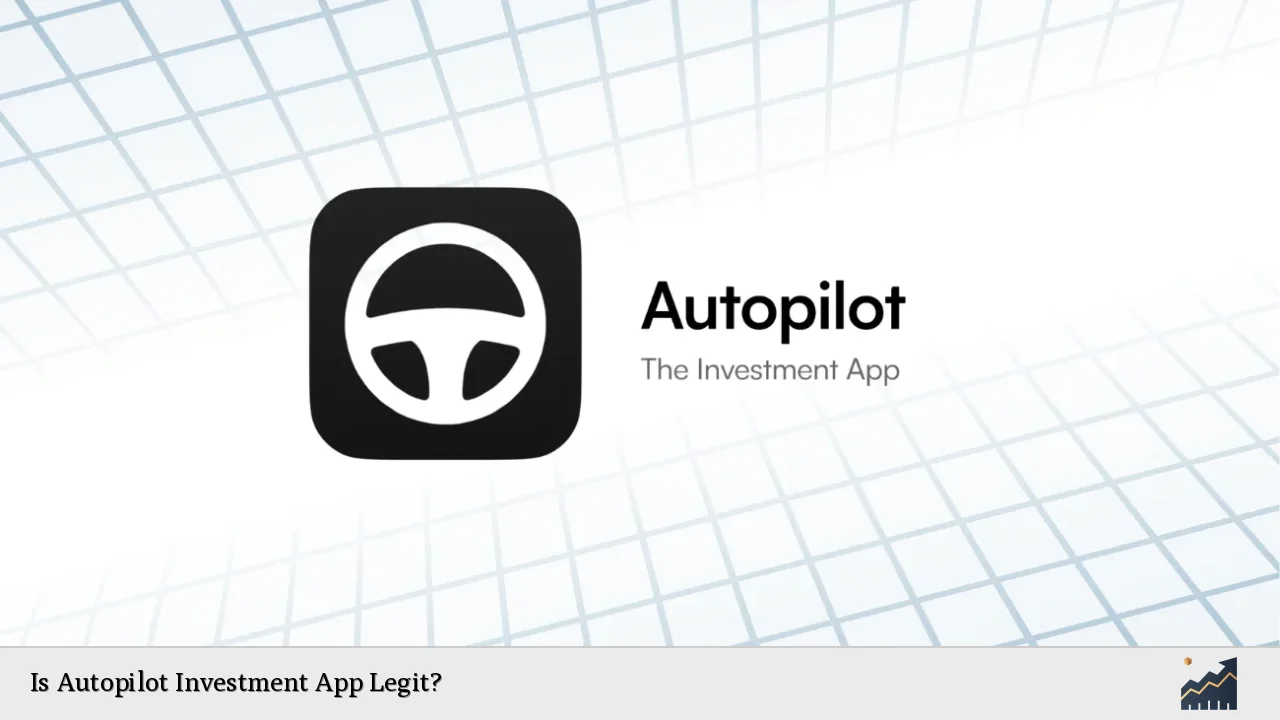The Autopilot Investment App has emerged as a notable player in the rapidly evolving landscape of investment technology, promising users a unique approach to automated investing. By allowing individuals to mimic the trading strategies of successful politicians and renowned investors, it aims to simplify the investment process for both novice and experienced investors. However, as with any investment platform, potential users must evaluate its legitimacy, features, risks, and overall market positioning before committing their financial resources.
| Key Concept | Description/Impact |
|---|---|
| Automated Trading | Utilizes algorithms to execute trades based on public disclosures from selected portfolios, reducing the need for active management. |
| Portfolio Diversification | Offers access to various portfolios, enabling users to spread risk across multiple investments. |
| Fee Structure | Transparent fees with a subscription model; $29 quarterly or $100 annually for premium features. |
| User Experience | Designed for ease of use with a straightforward onboarding process, appealing to those new to investing. |
| Regulatory Compliance | The app operates under regulatory frameworks, ensuring a level of oversight and security for investors’ funds. |
| Market Trends | The investment app market is projected to grow significantly, driven by increased demand for accessible financial tools among younger investors. |
Market Analysis and Trends
The global investment app market is experiencing substantial growth. According to recent reports, the market size is expected to reach approximately USD 24.5 billion in 2024, with a compound annual growth rate (CAGR) of 22.5% from 2024 to 2031. This growth is largely fueled by the increasing popularity of self-directed investing and social trading features among Millennial and Gen Z investors who prefer mobile-first solutions.
The Autopilot Investment App capitalizes on this trend by offering features that resonate with tech-savvy users looking for simplified investment options. By allowing users to follow prominent figures like politicians and successful investors, Autopilot taps into the growing desire for transparency and accessibility in investment strategies.
Implementation Strategies
To effectively utilize the Autopilot Investment App, users should consider the following strategies:
- Define Investment Goals: Clearly outline financial objectives—whether they are long-term wealth accumulation or short-term gains.
- Select Appropriate Portfolios: Choose portfolios that align with personal risk tolerance and investment goals. The app offers various options based on different trading strategies.
- Monitor Performance: Regularly review portfolio performance and adjust strategies as needed. While the app automates trading, user oversight remains crucial.
- Utilize Educational Resources: Take advantage of any educational materials provided by the app to enhance understanding of market dynamics and investment principles.
Risk Considerations
Investing through the Autopilot Investment App carries inherent risks that users should be aware of:
- Market Dependency: The app’s reliance on public disclosures can result in delays in executing trades, potentially affecting performance during volatile market conditions.
- Limited Control: Users may feel constrained by the pre-set portfolios and lack customization options compared to traditional investing methods.
- Overreliance on Automation: Investors may miss out on opportunities or fail to react appropriately during market fluctuations if they rely solely on automated strategies.
- Subscription Costs: For smaller investments, the subscription fees could outweigh potential returns, making it essential for users to assess cost-effectiveness.
Regulatory Aspects
The Autopilot Investment App operates within a regulated framework that enhances its legitimacy. It complies with standards set forth by bodies such as the Securities and Exchange Commission (SEC), which oversees investment advisers and platforms. Recent regulatory changes aim to improve transparency and protect investors in the digital space. Users can feel more secure knowing that their investments are subject to these regulations.
Future Outlook
As technology continues to reshape the financial landscape, platforms like Autopilot are likely to evolve further. The integration of advanced algorithms and AI-driven insights could enhance user experience and investment outcomes. Additionally, as regulatory environments adapt to technological advancements, apps that prioritize compliance will likely gain consumer trust.
With projections indicating continued growth in the investment app sector, Autopilot’s focus on automation and transparency positions it well for future success. However, potential users should remain vigilant about market conditions and personal risk tolerance when engaging with such platforms.
Frequently Asked Questions About Is Autopilot Investment App Legit?
- What is the Autopilot Investment App?
The Autopilot Investment App allows users to automate their investments by mimicking trades made by successful politicians and prominent investors. - Is Autopilot Investment App safe?
The app operates under regulatory oversight, implementing security measures to protect user data and funds; however, like all investments, it carries risks. - What are the fees associated with using Autopilot?
The app has a transparent fee structure with a subscription cost of $29 quarterly or $100 annually for premium features. - Can I customize my investment strategy on Autopilot?
While users can select from various pre-set portfolios based on different strategies, customization options may be limited compared to traditional investing. - How does Autopilot handle market volatility?
The app relies on public disclosures for trade execution; thus, it may experience delays during volatile periods which can impact performance. - Who should consider using the Autopilot Investment App?
This app is suitable for busy professionals or novice investors looking for a hands-off approach to investing without needing constant management. - What happens if I cancel my subscription?
If you cancel your subscription, you will lose access to premium features immediately; it’s important to evaluate whether these features justify the cost before subscribing. - How does Autopilot compare with traditional investment advisors?
Autopilot offers automated trading based on public disclosures without personalized advice; traditional advisors typically provide tailored strategies but at higher costs.
In conclusion, while the Autopilot Investment App presents an innovative approach to investing that appeals particularly to younger generations seeking convenience and simplicity, potential users must carefully consider its limitations alongside its benefits. As always, consulting with a financial advisor before making significant investment decisions is advisable.

